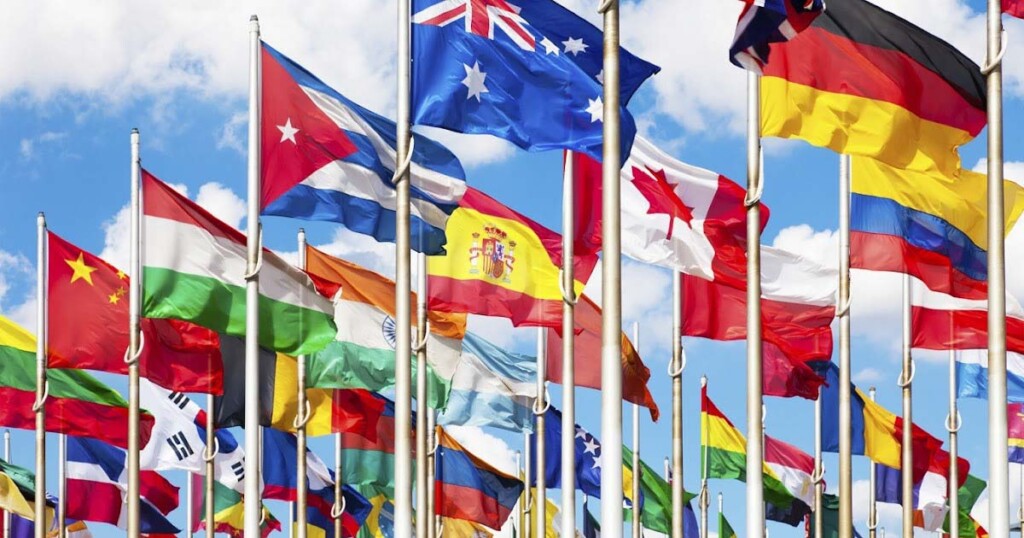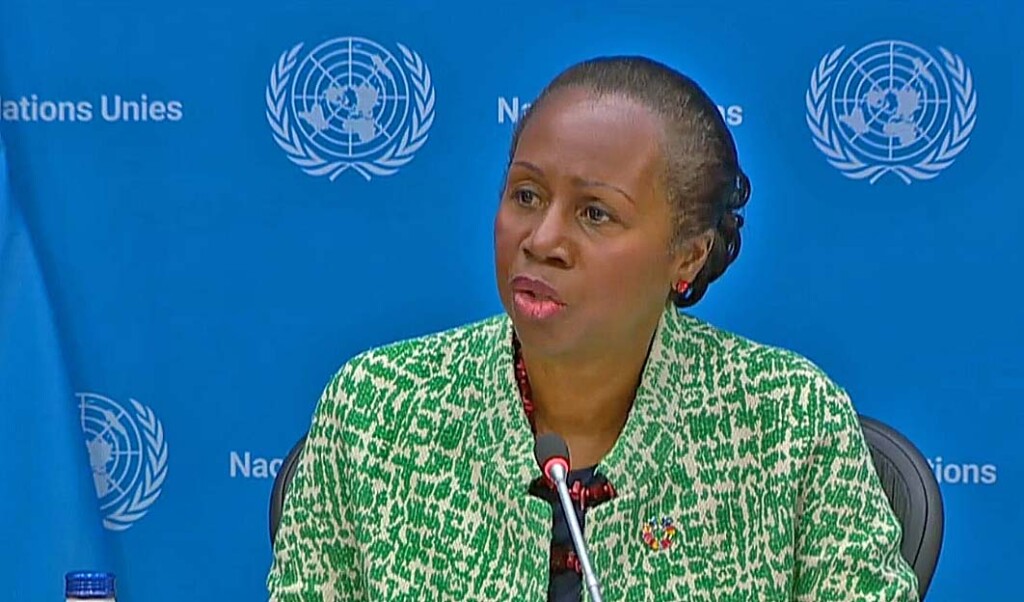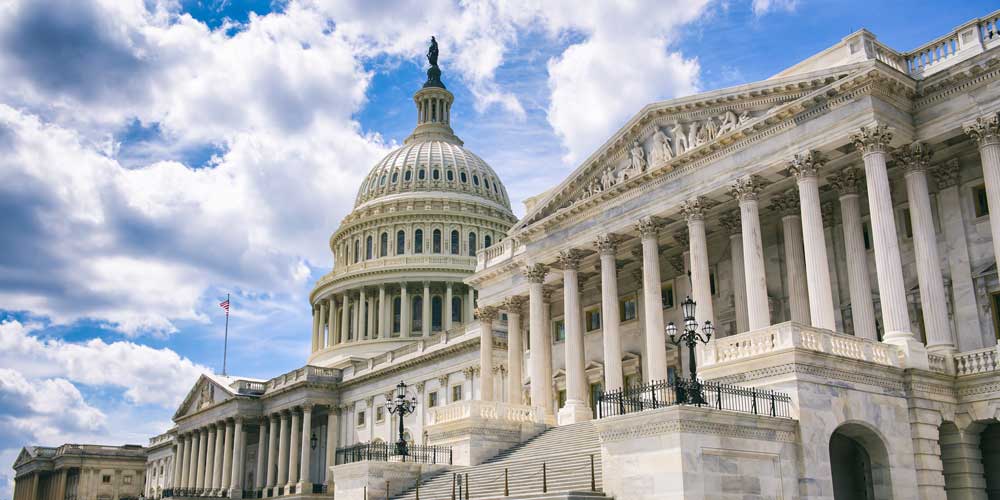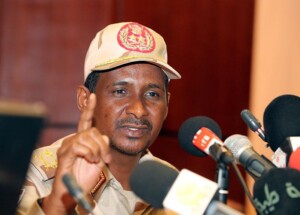G7 joins int’l chorus for Sudan ceasefire amid North Darfur carnage

(File photo: Creative Commons)
The Group of Seven (G7) major industrialised nations has stressed the need for an immediate and unconditional ceasefire in Sudan, while the USA has specifically condemned attacks by the Rapid Support Forces (RSF) against civilians in North Darfur.
A joint statement by the foreign ministers of the G7 countries (Canada, France, Germany, Italy, Japan, the United Kingdom, and the United States), as well as the High Representative of the European Union for Foreign Affairs and Security Policy, reads: “We urge the Sudanese Armed Forces and the Rapid Support Forces to engage seriously and constructively in negotiations to end the conflict.”
The statement urges all external parties to cease any support that fuels the conflict. It also condemned “the ongoing fighting, atrocities, and gross violations of human rights.”
The ministers expressed their deep concern about what they described as “the largest humanitarian crisis in the world,” highlighting the suffering of women and children and the increasing rate of displacement and violence, including violations of a sexual and racial nature.
The statement reiterated the group’s condemnation of attacks targeting camps for displaced persons and humanitarian workers, calling for facilitating aid access and ensuring the safety of individuals and relief agencies.
The ministers expressed their rejection of “the use of starvation as a means of war,” affirming their commitment to “Sudan’s sovereignty and territorial integrity.”
At the conclusion of the statement, the G7 countries pledged to continue their diplomatic efforts in search of a comprehensive solution to the Sudanese crisis.

UN
In her own statement to mark two years since the start of the war, the UN Resident and Humanitarian Coordinator in Sudan, Clementine Nkweta-Salami speaks of ” a tragedy that continues to unfold before our eyes, leaving a trail of devastation and despair”.
In these two years, the lives of millions have been shattered. Families have been torn apart. Livelihoods have been lost. And for many, the future remains uncertain. Over 30 million people need humanitarian assistance. This is not just a crisis of numbers — it is a crisis of humanity.
As we mark this grim milestone, we honour the remarkable courage of the Sudanese people. In the face of unimaginable suffering, they continue to care for one another, rebuild where they can, and strive every day to survive. Communities, even those displaced multiple times, share what little they have. Their resilience inspires us all.
But resilience alone cannot sustain them. Courage cannot fill empty stomachs or substitute for medical care. The people of Sudan need urgent support and solidarity. They need protection, access to essential services, and above all, peace.
This conflict has unleashed one of the largest humanitarian crises in the world today. Hunger is deepening. Health systems are in collapse. Water is scarce. Education has come to a halt for millions of children. Sexual and gender-based violence has soared. The psychological toll is immense.
Yet humanitarian partners — international, national and local — continue to serve on the front lines. Their dedication, often in the face of extraordinary danger, is saving lives every day. But their ability to reach communities is increasingly hampered by insecurity, access restrictions and limited funding.
To all those engaged in the conflict: civilians are not a target. Humanitarian workers are not a threat. Aid is not a bargaining chip. International humanitarian law must be respected in full — access must be granted and lives must be protected. Above all, the violence must end. Only dialogue, inclusion, and a commitment to peace can lead Sudan towards recovery.
And to all those who have supported the people of Sudan — governments, donors, partners, neighbours — we thank you. But we ask you not to stop now. The needs are growing, and so too must our response.
Attacks on civilians in Darfur

In a separate statement from Washington D.C. the US State Department spokesperson Tammy Bruce expressed “deep concern over reports of the targeting of civilians and aid workers in Zamzam and Abu Shouk camps” and called for all parties to the conflict in Sudan to be held accountable for violating international humanitarian law.
“The warring parties must respect their obligations under international law and be held accountable.” Bruce says the US administration urges both sides to cease fighting and negotiate a lasting peace agreement, without clarifying whether any direct diplomatic efforts are currently underway.
As reported by Radio Dabanga today and this week, hundreds of civilians have died, and tens of thousands have fled the fierce battles in North Darfur, in which RSF militiamen have been widely accused of specifically targeting civilians.
As reported in related civerage by Radio Dabanga today, the latest reports indicate that Zamzam camp has effectively been destroyed in what commentators term ‘the final catastrophe’, it’s 500,000 inhabitants fled, leaving a death toll that is currently impossible to verify at time of posting.











 and then
and then